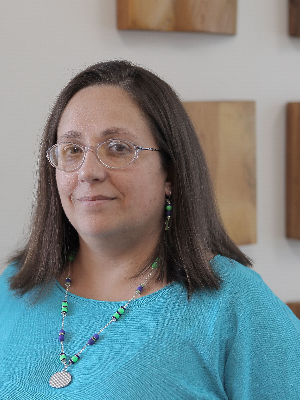
May 5-9, 2025 - Virtual via Zoom
(Session will be in Spanish, for parents of children with a disability)
Descubrir que su hijo tiene una discapacidad puede ser abrumador y emocionalmente desafiante. Experimentará una variedad de emociones positivas y negativas. Puede llevar tiempo superarlas. No hay una forma correcta o incorrecta de sentirse y cada persona reacciona de manera diferente. Es un momento importante que marca el comienzo de un nuevo capítulo en la vida de su familia.
Esta presentación lo guiará a través de los pasos iniciales posteriores al diagnóstico, ofreciéndole consejos prácticos, diferentes perspectivas y un sentido de comunidad.
(Finding out that your child has a disability can be overwhelming and emotionally challenging. You will experience a range of positive and negative emotions. It may take time to work through them. There is no right or wrong way to feel and each person reacts differently. It is an important time that marks the beginning of a new chapter in your family's life.
This presentation will guide you through the initial steps following diagnosis, offering practical advice, different perspectives and a sense of community).

Originally from Buenos Aires, Argentina, Sandra was an elementary school teacher for 10 years before immigrating with her husband to the US in 2001. Her journey into the developmental disabilities community began with the birth of her daughter, who was diagnosed with Cri du Chat. Sandra completed the Ambassador Program at The Arc of King County and join the staff in 2016. Currently she is the Multicultural Family Support Program Manager at The Arc of King County, and oversees the implementation of all family support activities (including Parent to Parent) in English, Spanish, and tailored for Black/African American families.